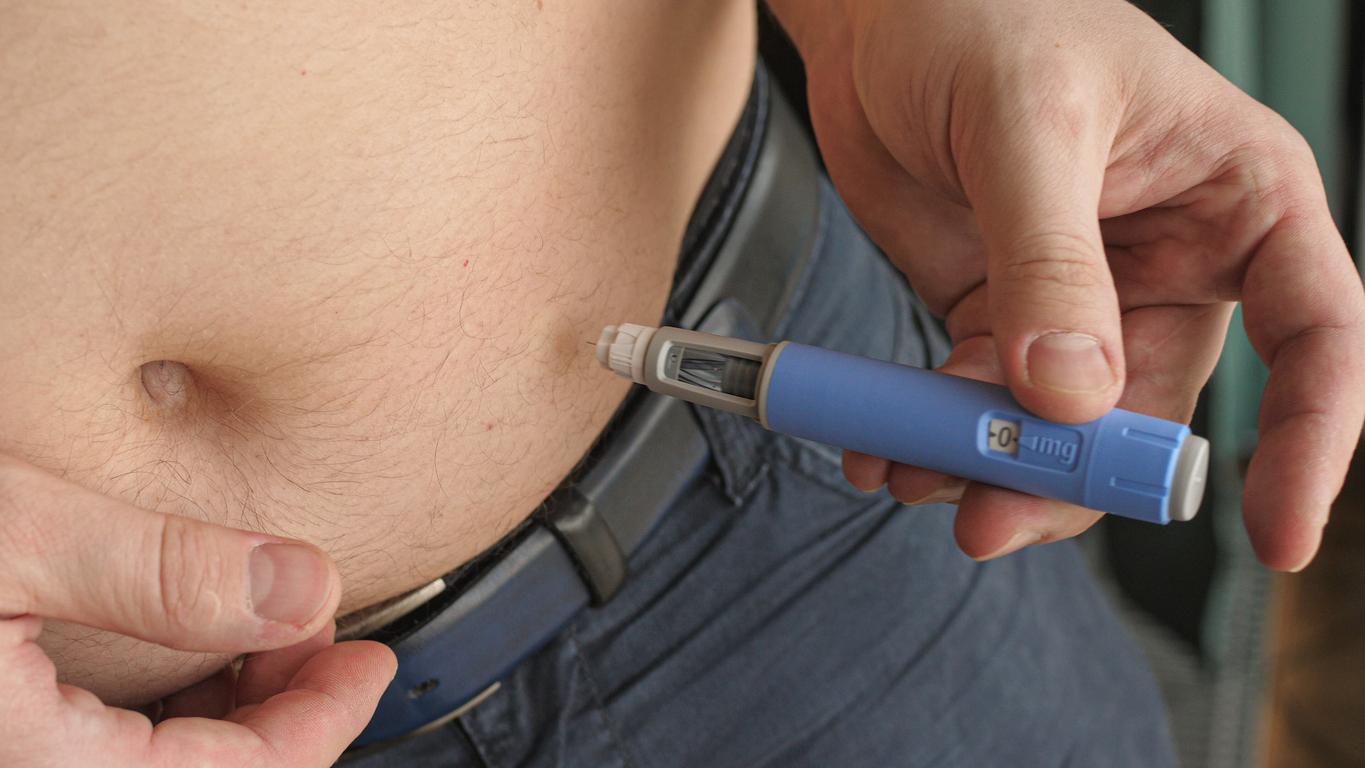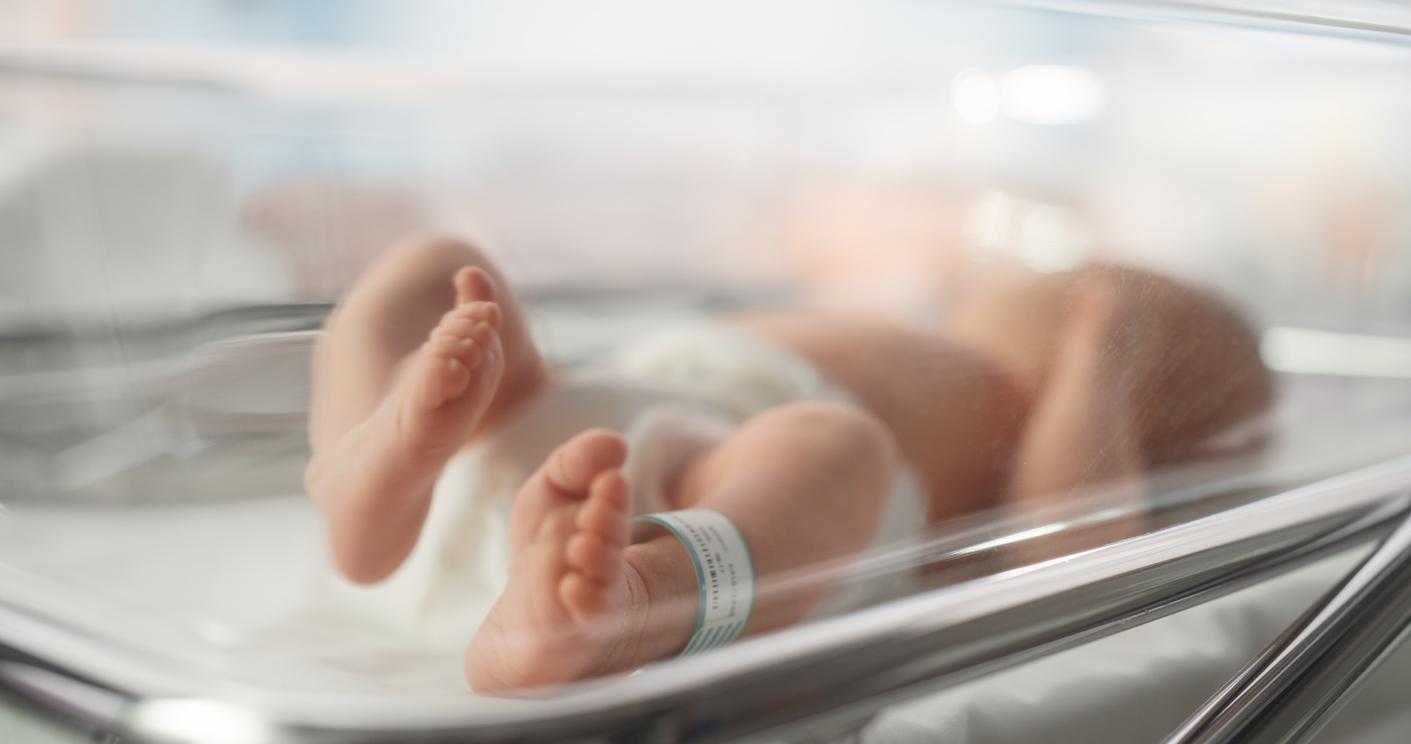Contrary to what one might think, at puberty, teens burn fewer calories than they did during childhood, according to the results of a study published in the medical journal the International Journal of Obesity. An unexpected process as they grow up.
Researchers at Exeter University of Medicine in the UK analyzed medical data from 350 school children. Participants were assessed every six months between the ages of five and 16. During the course of the study, blood samples were collected to assess their metabolic health. Height, weight and physical activity were also analyzed.
Teens Consume 500 Less Calories While Resting
The results of this study showed that children are likely to gain weight at two points in their life. Once in infancy, likely due to food and lifestyle choices, and again to puberty. This second peak was previously unexplained. This new research suggests that it may be linked to a drop in the number of calories that young adolescents burn at rest during puberty.
“We burn calories in two ways. Through voluntary spending through physical activity and through involuntary consumption simply to keep our bodies functioning and staying alive. Thinking, keeping your blood warm, supporting the heart, liver and kidneys allow you to burn up to 1600 calories per day in adolescence, ”recalls Professor Terence Wilkin, author of the study.
But at age 15, it was found that young girls and boys show a drop in consumption of 500 calories at rest, either the energetic weight of a hamburger or the expenditure of an hour of intensive sport. At 16, the process is reversed.
“When we looked for an explanation for the rise inobesity as a teenager, we were surprised to find a dramatic and unexpected drop in the number of resting calories burned during puberty. This phenomenon could be the result of an evolutionary trait that is believed to be contributing to a dangerous increase in adolescent obesity in cultures where food is plentiful. In fact, we no longer need to store calories, ”explains Professor Terence Wilkin, author of the study.
Read also:
Are sulky babies future obese?
BMI in babies, a good clue to predict obesity?
Pregnancy and obesity: nutritional advice that works


















